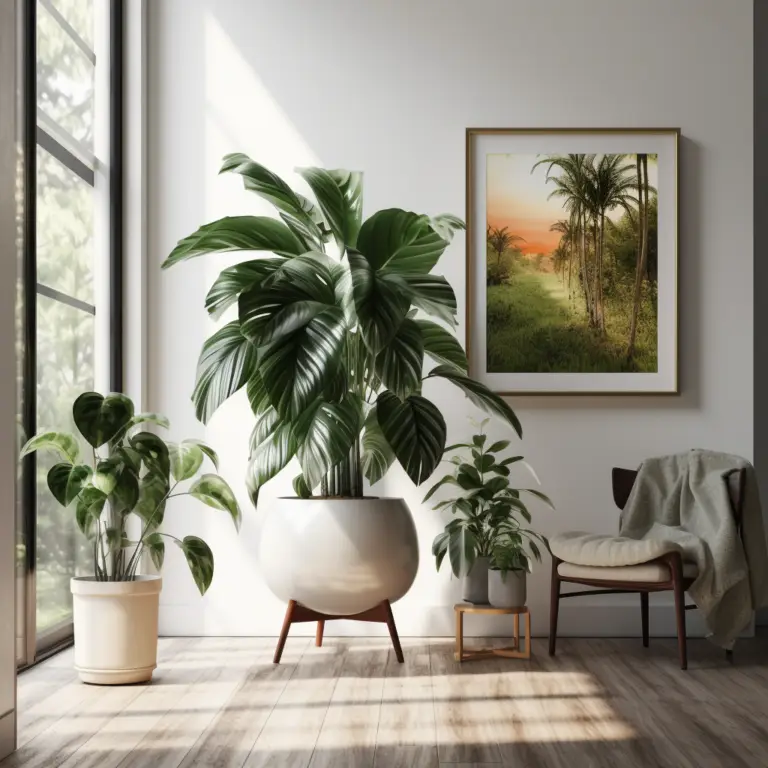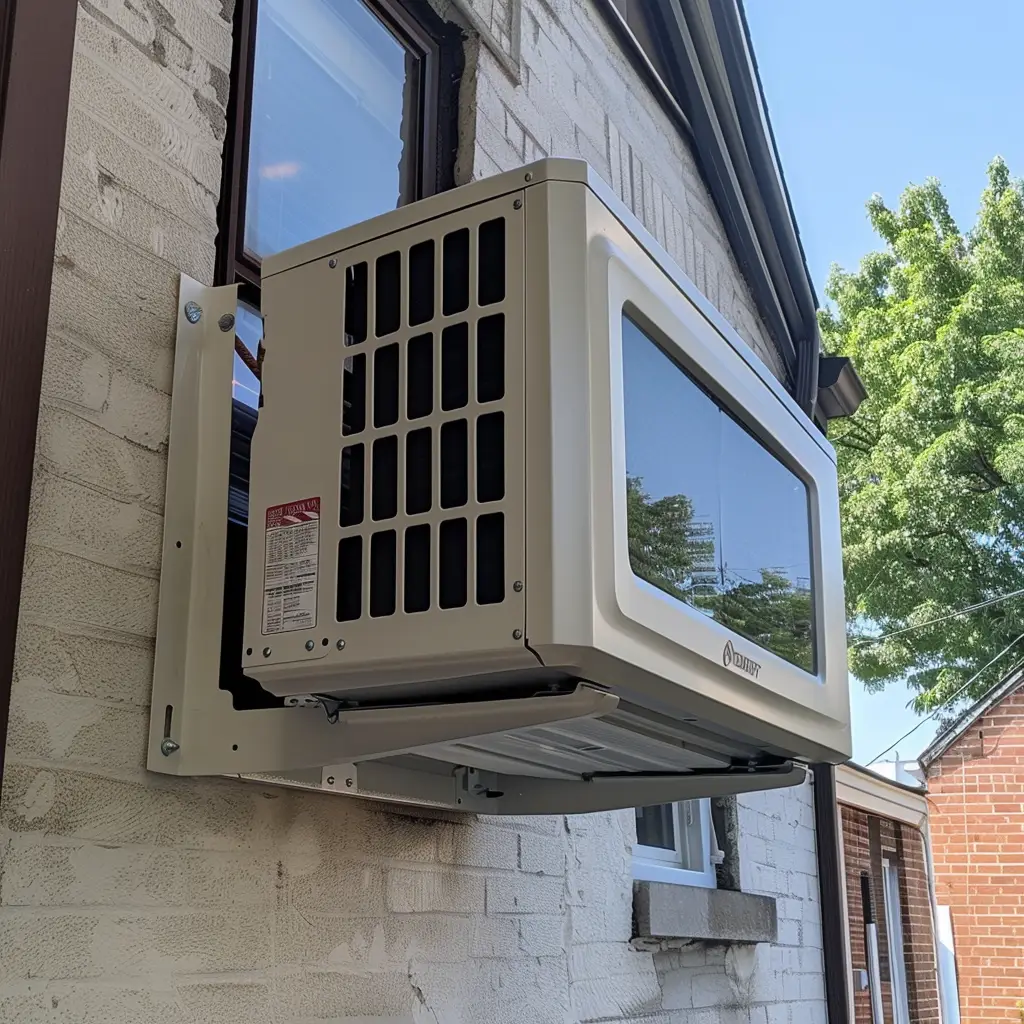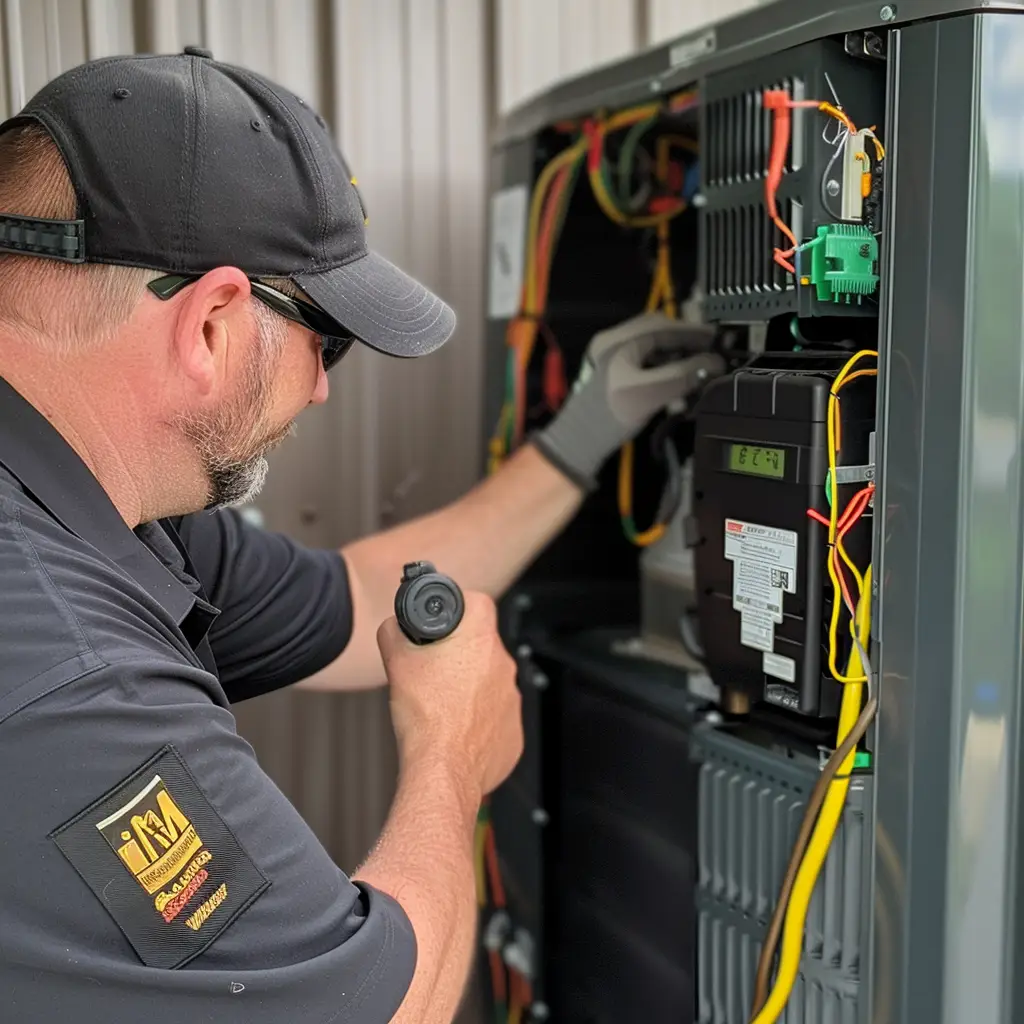Introduction to Indoor Air Quality
Have you ever pondered about the quality of air inside your home? Believe it or not, it’s not just outdoor pollution that you should be worried about – indoor air quality matters too!
The Importance of Indoor Air Quality
According to the Environmental Protection Agency (EPA), most people spend approximately 90% of their time indoors. Therefore, indoor air quality is a crucial aspect of our daily lives.
Common Air Pollutants Inside Homes
Indoor pollutants might include dust mites, mold spores, pollen, and pet dander. Not to mention volatile organic compounds (VOCs) emitted from household products such as paint, cleaning supplies, and even some types of furniture.
How Indoor Air Quality Affects Your Health
Our indoor air quality has a profound impact on our health, both physical and mental. Let’s delve into it further.
Physical Health Impact
Poor indoor air quality can cause a plethora of physical health issues. From allergies and asthma to chronic respiratory diseases and even heart problems, the list goes on.
Mental Health Impact
Furthermore, recent studies suggest a strong correlation between poor indoor air quality and mental health problems like depression and anxiety.
Ways to Improve Indoor Air Quality
Now, let’s transition into actionable measures you can take to enhance the air quality inside your home.
Natural Ventilation
One of the easiest ways to improve indoor air quality is by promoting natural ventilation. Open windows and doors whenever the weather allows for it, allowing fresh air to circulate.
Air Purifiers
Air purifiers can also help in eliminating indoor air pollutants. They work by trapping particles like dust, smoke, and pollen to improve air quality.
Houseplants for Better Air Quality
Did you know some houseplants can improve air quality? Plants like spider plants, English ivy, and bamboo palm can filter out common pollutants.
Choosing the Right Air Purifier
If you’re considering investing in an air purifier, there are some factors you need to consider.
Factors to Consider
When choosing an air purifier, consider its effectiveness against the specific pollutants in your home. Look for a model with a HEPA filter for optimal results.
Best Air Purifier Brands
Brands like Dyson, Honeywell, and Blueair are known for their high-quality air purifiers.
Cleaning and Dusting
Regular cleaning and dusting can help prevent the accumulation of dust and allergens. Use a damp cloth to avoid stirring up dust particles into the air.
Maintaining Air Conditioning and Heating Systems
Ensure that your HVAC system is regularly serviced. This includes changing the filters and cleaning the ducts to prevent mold and dust build-up.
Trust AirPoint for a Healthier Indoor Environment
With the right knowledge and steps, improving your indoor air quality is within your grasp. And who better to trust than AirPoint? As a Carrier factory authorized dealer and NATE certified provider in Toronto, we assure the highest level of service.
We take pride in being awarded the HomeStars Best of the Best 2023. Your trust in us is reflected in our 5 stars rating on Google and HomeStars. With technicians fully certified by TSSA, HRAI, and CSA, we’re equipped to provide the solutions you need to enhance your indoor air quality and create a healthier home environment.
For more tips on how to improve the indoor air quality in your home, watch this video by Scientific American
Common Questions About Indoor Air Quality
What are some common indoor air pollutants?
Common indoor air pollutants include dust mites, pet dander, mold spores, pollen, and volatile organic compounds (VOCs) from household products.
How can I improve the air quality in my home naturally?
You can improve air quality by promoting natural ventilation, regularly cleaning and dusting your home, and using houseplants known for their air-purifying abilities.
Are air purifiers worth the investment?
Yes, especially for people with allergies, respiratory issues, or those living in areas with poor outdoor air quality. They can help remove common indoor pollutants.
What should I look for when buying an air purifier?
Look for an air purifier that is effective against the specific pollutants in your home and consider choosing a model with a HEPA filter for optimal results.
Can poor indoor air quality affect mental health?
Yes, studies have shown a correlation between poor indoor air quality and mental health issues such as depression and anxiety.





